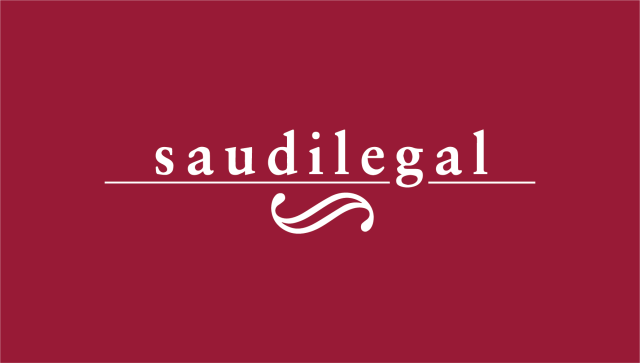Saudi Arabian Law Overview
Real Estate
Until the year 2000, the ownership of real estate in Saudi Arabia was reserved to Saudi Arabian citizens and GCC nationals in limited circumstances to the extent of owning a private residence of not more than 3,000m2. The Foreign Ownership of Real Estate Regulation, Royal Decree No M/15 of 17 Rabi Thani 1421 Hejra (corresponding to 19 July 2000), granted foreign interests the right to own real estate in the Kingdom, with the exception of the holy cities of Makkah and Madinah, in the following circumstances:
- Foreign interests which are licensed to conduct business in Saudi Arabia may acquire the property required for the business premises and for the accommodation of their employees.
- If the licence to conduct business in Saudi Arabia includes the right to engage in the real estate business by buying, developing, selling and/or letting property, the value of the land and buildings must not be less than SAR 30 million, and land purchased to this end must be developed within at least five years from the date of purchase.
- Foreign individuals who are resident in the Kingdom may acquire real estate for their own private residence after having obtained permission from the Ministry of Interior. Furthermore, property may be acquired for private residential purposes with the permission of the head of the Council of Ministers.
- Lastly, the restriction on foreigners owning property in the holy cities of Makkah and Madinah does not apply to property acquired by way of inheritance, which is subject to special rules.
Royal Order No A/84 of 14 Safar 1442 Hejra (corresponding to 2 October 2020) exempts real estate transactions from the 15% VAT rate that was imposed in Saudi Arabia in 2020. Real estate transactions are instead subject to a 5% “transaction tax”.
Mortgages
Having been in the making for more than ten years, the Registered Land Mortgage Regulation was enacted by Royal Decree No M/49 of 13 Sha’ban 1433 Hejra (corresponding to 3 July 2012). One can now register mortgages over land, which was previously not possible. The Registered Land Mortgage Regulation is one of five related statutes which also include regulations governing the licensing and supervision of real estate financing firms, secondary financings and securitisation, lease financing and the enforcement of rights arising in this context. The Saudi Arabian Monetary Authority (SAMA), which is the Kingdom’s banking and insurance regulator, supervises real estate financing-related matters.
Under the Registered Land Mortgage Regulation, a mortgagee acquires a right in rem over specific land and takes precedence over all creditors in satisfying his debt out of the price of that land in the hands of whoever it may be. Mortgages must be registered to be effective, and take effect upon registration. It is possible to register second ranking and successive mortgages. The mortgage follows the debt, and is released upon the satisfaction of the whole documented debt.
Mortgagees have the right to protect by summary judgment the mortgaged property from work that may reduce the property’s value. Ordinarily, orders for injunctive relief are difficult to obtain in the Saudi Arabian courts. The Registered Land Mortgage Regulation does not allow the mortgagee to take ownership of the mortgaged land. Instead, the mortgagee’s claim must be enforced through a sale via auction, taking from the price the value of the registered debt with any excess going to the owner.
Real Estate Investment Traded Funds
The Real Estate Investment Traded Funds Instructions issued by the Board of the Capital Market Authority pursuant to Resolution No 6-130-2016 of 23 Muharram 1438 Hejra (corresponding to 24 October 2016) allow the formation and trade of Real Estate Investment Traded Funds (REITs). A REIT is a publicly offered real estate investment fund. Its units are traded on the Saudi Stock Exchange (Tadawul). The main investment objective of such a fund is to invest in real estate developed through construction that generates periodic income, and a certain percentage of the fund’s net profit in cash is distributed to the REIT’s unitholders at least annually. Saudis, GCC citizens and foreign residents in Saudi Arabia may all subscribe to REITs, and even non-resident foreign investors are allowed to partake in REIT-unit trading on Tadawul.
*This Saudi Arabian Law Overview is not intended to be legal advice, and cannot be relied on as a substitute for legal advice. We make no representation that the contents of this Saudi Arabian Law Overview are or will remain accurate or current.
Copyright © Derayah LLPC
Request More Information
Sound legal advice is based on years of training, hard work, and passion, as well as familiarity with legislation and precedent and sound consideration. You’ll find all that and more at Saudilegal.
Thank you for contacting us.
We will get back to you as soon as possible
Oops, there was an error sending your message.
Please try again later
saudilegal
